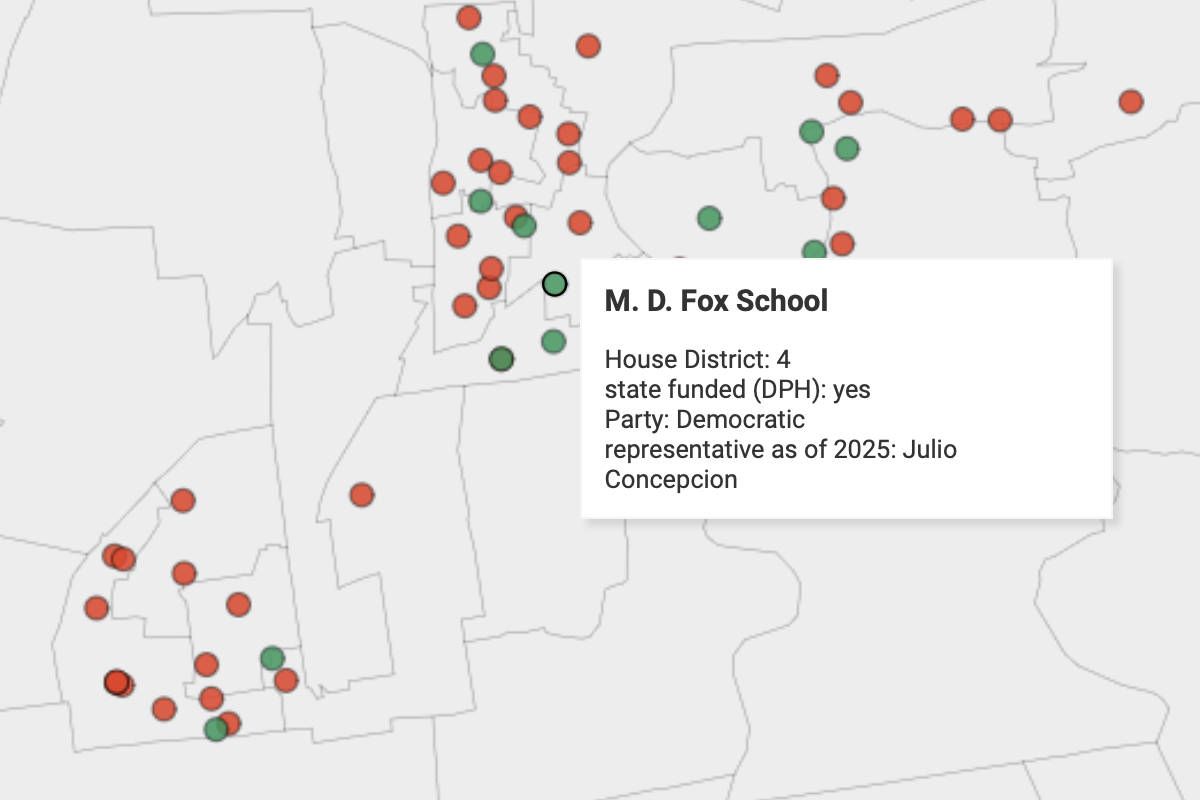Advice on Open Access Book Publishing
A friend of mine who works at another Hartford-area academic institution asked me for advice about open-access book publishing. Here’s what I told them:
Glad to hear about your interest in open-access (OA) academic book publishing for your proposed anthology. So far I have published three OA books with two different publishers:
For the first two books, which are edited volumes, U of Michigan Press sells print copies and also freely distributes OA digital copies. When you click the DOI links below, the book may be available on different OA platforms, but the first link points to Handle or UMich’s Fulcrum OA edition.
1) Jack Dougherty and Kristen Nawrotzki, eds., Writing History in the Digital Age (Ann Arbor: University of Michigan Press, 2013), https://doi.org/10.3998/dh.12230987.0001.001.
2) Jack Dougherty and Tennyson O’Donnell, eds., Web Writing: Why and How for Liberal Arts Teaching and Learning (Ann Arbor: University of Michigan Press, 2015), https://doi.org/10.3998/dh.13396229.0001.001.
For the third book (which looks more like a textbook), O’Reilly sells print and digital copies, and we agreed to publish with them because they granted us permission to distribute our own OA edition.
3) Jack Dougherty and Ilya Ilyankou, Hands-On Data Visualization: Interactive Storytelling from Spreadsheets to Code (O’Reilly Media, Inc., 2021), https://HandsOnDataViz.org.
To clarify, I am still working on my fourth OA book, which has been under contract for several years with OA publisher Amherst College Press, which gave me permission to publicly share the OA draft on my Trinity website. But it’s still not yet done.
4) Jack Dougherty and contributors, On the Line: How Schooling, Housing, and Civil Rights Shaped Hartford and Its Suburbs (Amherst College Press, book in-progress and under contract), https://OnTheLine.trincoll.edu.
Also, I worked very closely with my friend Tracey Wilson on a fifth book, a compilation of her historical essays. My job was to set up the software to produce the book in two formats: a digital OA version on the web, and PDFs for the print version that was printed locally and sold by the WH historical society.
5) Tracey M. Wilson, Life in West Hartford (West Hartford, CT: West Hartford Historical Society and Noah Webster House, 2018), https://LifeInWestHartford.org.
I highly recommend OA publishing, but it requires authors to make thoughtful decisions about choosing a publisher that shares your goals. For example, if you want to give away a book AND sell print copies, you need to figure out how that works financially for the publisher. If you also need a publisher’s support for peer review or copyright permissions or copyediting, then you need to work with a publisher that provides those services. Some OA publishers charge up-front fees for services, but I have always worked with OA publishers that did not charge me fees. In fact, I have been offered royalties for books 1-4 above, but always donated them to others.
As you know, I tend to be a do-it-yourself technology person, so I found or modified digital tools to create all five books above in collaboration with the publisher’s workflows. But most authors are looking for an OA publisher who will accept traditional word-processing files and produce the book for them, in both OA digital and print-for-sale editions, and that’s more normal now than it was a decade ago.
So if you want to publish an OA book, how do you go about it?
-
For a broad approach, look at the Directory of Open Access Books and browse by publisher. Then go to individual publisher OA sites and look for details, fees, etc. For example, see the U Michigan Press OA guide for authors.
-
Some academic libraries now offer support for faculty authors to create OA books, which shows how some are broadening their mission and changing the definition of what it means to be the “publisher.” For example, Lever Press is an OA book publishing coalition funded by 50+ liberal arts colleges (but Trinity College did not agree to join, sigh…). I’m not aware if the CSCU system library or even the UConn library system offers this service. Ask them!
-
Then there’s always the DIY method. For your proposed anthology, you could create your own: a) identify out-of-copyright works in the public domain – see Cornell Univ Lib copyright guide b) request publishers of copyrighted works to grant you permission to include excerpts c) compile text and images in original PDFs, or edit in word-processor files and convert those to PDFs d) compile those PDFs into a digital book format and also a print-ready format e) optionally, pay someone to design you a book cover, purchase an ISBN code, etc. f) optionally, print and sell your own copies, or arrange for someone else to print and sell copies g) host the digital book on your own website and/or upload it to a host site
Consider this semi-DIY example: Two decades ago, Hartford author David Radcliffe published a local history book about the Charter Oak Terrace public housing project with a local printer, and wisely kept the copyright. I met him a few years ago and asked him for permission to upload digitized pages of his book to the Internet Archive, under his name and copyright, where nearly 2,000 users have read it:
- David Radcliffe, Charter Oak Terrace: Life, Death and Rebirth of a Public Housing Project (Hartford, CT: Southside Media, 1998), https://archive.org/details/CharterOakTerrace.
Hope that helps you to get started.

